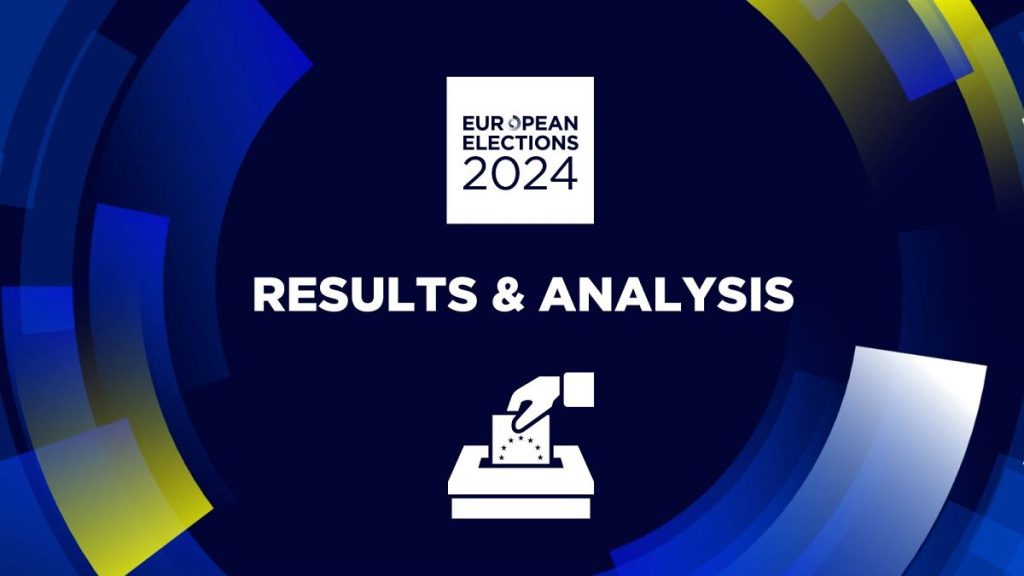The European Parliament elections are currently taking place, where hundreds of millions of Europeans are voting to select 720 Members of the European Parliament. The elections are seeing rising support for far-right parties, with first results expected later today. The vote threatens to weaken the pro-European majority in the European Parliament, with some countries already showing a swing towards eurosceptic right-wing parties. The world’s largest multi-state democratic exercise is taking place amidst various challenges such as the Covid-19 pandemic, the Ukraine invasion, and a soaring cost of living that has dominated voter concerns.
Opinion polls suggest that far-right parties are expected to come first in major countries like the Netherlands and France. The pro-European establishment is predicted to weaken, with voters turning against leaders like Emmanuel Macron in France and the German Green party. The campaign has faced controversies, with incidents like MEP Maximilian Krah stepping down from his far-right party role after a gaffe defending the Nazi SS paramilitary group. Hungary, which had its first TV debate in 18 years in honor of the elections, could potentially see a newcomer threaten the grip of its authoritarian Prime Minister Viktor Orbán.
Among the first tasks for the newly elected MEPs will be to approve the candidate to lead the European Commission, with incumbent president Ursula von der Leyen seeking a second term. The electoral dynamics could make her re-election challenging, as advance polling suggests a weakening in the coalition that narrowly backed her in 2019. The European Parliament does not have a single majority party, and votes are often decided issue-by-issue through coalitions. The chamber is typically dominated by the center-right European People’s Party and center-left Socialists, but they lost their combined majority in the 2019 elections and have since had to form alliances with other parties like the Greens and Liberals.
MEPs will also have the power to amend or oppose new legislative proposals, which will play a role in determining the fate of initiatives like the EU Green Deal aimed at cutting carbon emissions. Each country is allocated a specific number of MEPs based on population size, with Germany having the most at 96 MEPs while Cyprus, Malta, and Luxembourg have only six each. For the first time since direct elections began in 1979, the UK will not be included in the count, as its 73 MEPs left after Brexit took effect in February 2020. The elections are a crucial moment for the future direction of the European Parliament, and the results will determine the makeup of the legislative chamber for the next five years.


